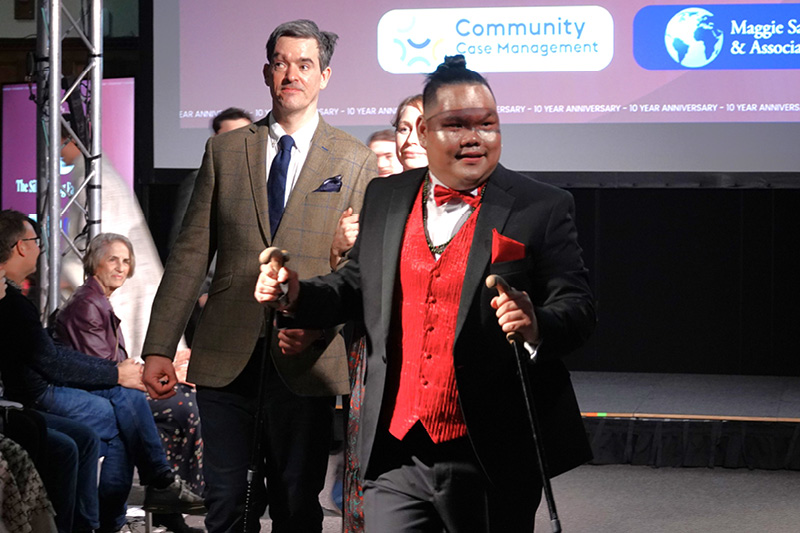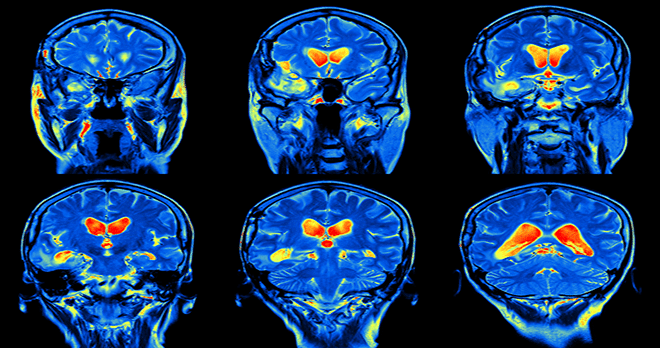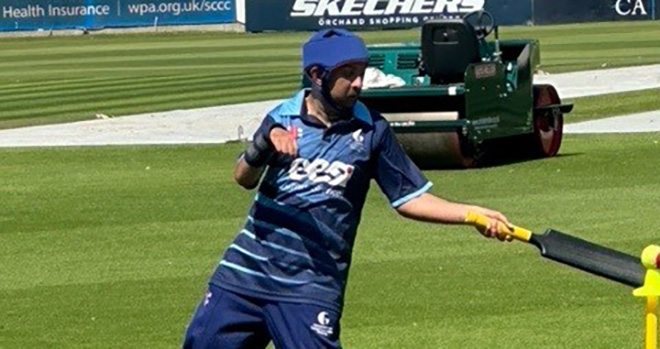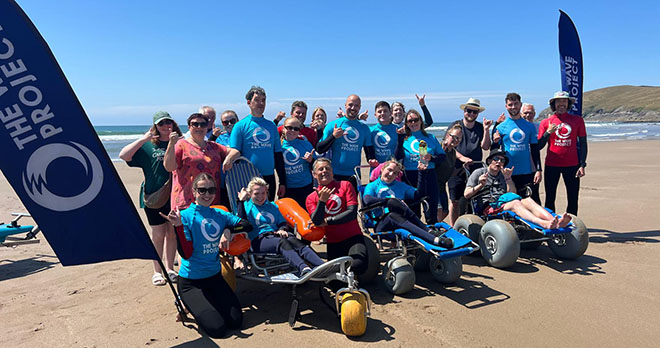When is fatigue more than just being tired?
We have all felt very tired and in need of a good rest, we might even say when we feel like this that we are feeling exhausted or ‘fatigued’.
However, the term “fatigue” is a generic one, and is even defined in the Oxford Dictionary as “extreme tiredness”. For many people who have suffered a brain injury, the fatigue experienced following that injury is very different to what someone who doesn’t have a brain injury may feel.
Whilst the fatigue suffered following a brain injury can be referred to as “chronic fatigue” or “pathological fatigue”, it is frequently just labelled “fatigue”, which can be misleading.
Chronic fatigue is one of the biggest battles that brain injury sufferers face every day. “Normal” fatigue, the type that anyone can suffer from, tends not to be permanent and is easily improved by taking a rest.
If you are feeling tired from extensive physical activity, resting tends to improve the fatigue but chronic fatigue following brain injury occurs very frequently, often daily, and may not improve with rest. Chronic fatigue can also be an instigator for other symptoms following brain injury, such as cognitive difficulties, headaches or poor short term memory, which can have a significant effect on activities of daily living and ability to work.
Classifying a brain injury.
Traumatic brain injuries are classified as either mild, moderate or severe. Two of the key features for classification are loss of consciousness and the period of post-traumatic amnesia. Post-traumatic amnesia refers to the time after a state of unconsciousness when the individual is conscious but is behaving or communicating out of character.
Usually, the more severe the injury, the more severe the symptoms are likely to be, but even with a mild brain injury, the symptoms that may follow – including fatigue – can be very difficult to cope with. When persistent symptoms occur following a mild brain injury, there may be a diagnosis of post-concussion syndrome, and for individuals who are suffering from this, fatigue can be a real problem, making it very difficult to cope with everyday life.
Fatigue is in fact the most common problem reported by our clients and is the most difficult to cope with.
How fatigue can be a sign of mild brain injury.
There does not have to be a loss of consciousness suffered for there to be a brain injury and in fact only 10% of reported mild brain injuries involve a loss consciousness. This means that many individuals do not bother to seek medical advice and get a diagnosis.
Post-injury symptoms, such as fatigue, may not immediately be apparent and linking the injury to the effects the symptoms are having on lifestyle or work, for example, can be missed.
A minor accident can cause a mild brain injury and this can be missed very easily, especially if medical advice is not immediately obtained. If you know you have suffered a head injury, even without a loss of consciousness, we would encourage you to seek medical advice to rule out brain injury.
For individuals who have suffered a mild brain injury, an estimated 80% will recover within 6-12 months of the date of injury, with the initial post-injury period potentially being very challenging.
In our experience of working with clients who have brain injury, fatigue is the prevailing symptom sufferer, regardless of the severity of their injury, and the effects fatigue can have can be very detrimental for the sufferer. What is (perhaps) worse is that often people don’t understand the difference between being tired and fatigue relating to brain injury, meaning people don’t react how they should when fatigue-related problems present themselves.
Fatigue related to brain injury is certainly more than just feeling tired. Perhaps it’s time that brain-injury-related fatigue had its own name?
Living with a brain injury can put serious pressure on you and your loved ones. If you’ve suffered a brain injury in an accident that wasn’t your fault, our specialist brain injury solicitors may be able to help you claim compensation.
Call now












